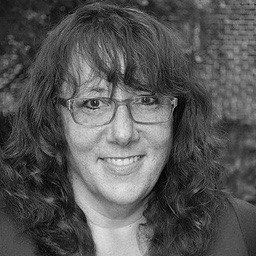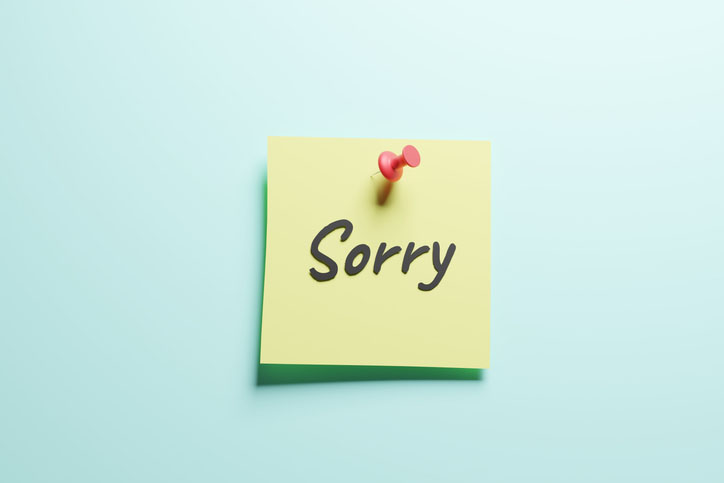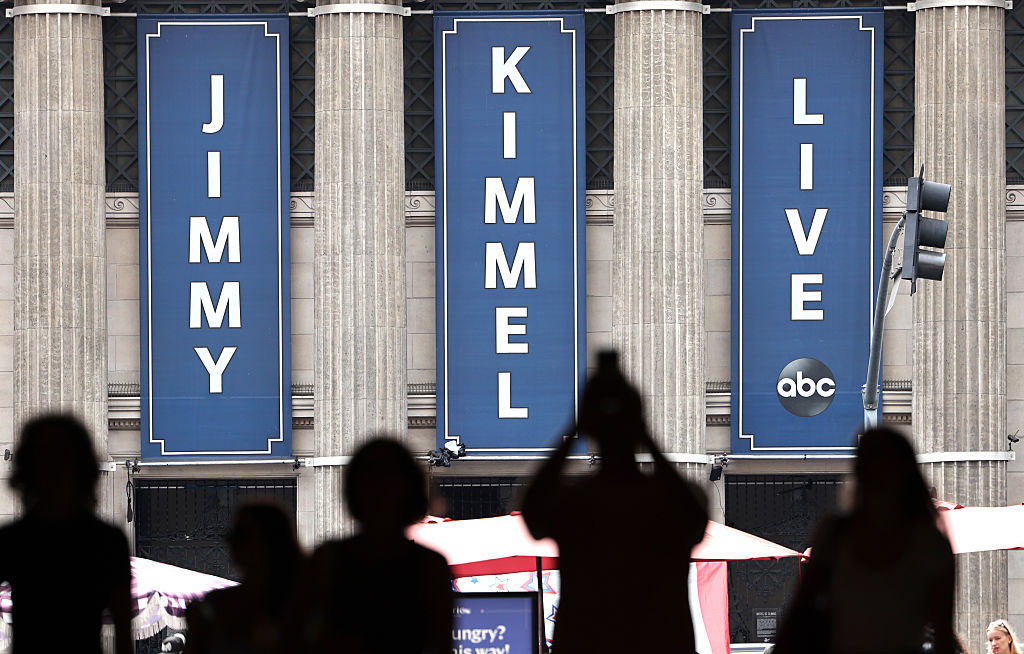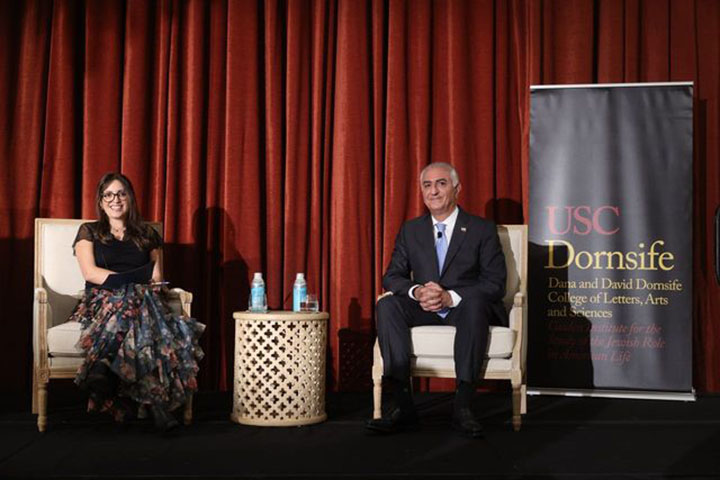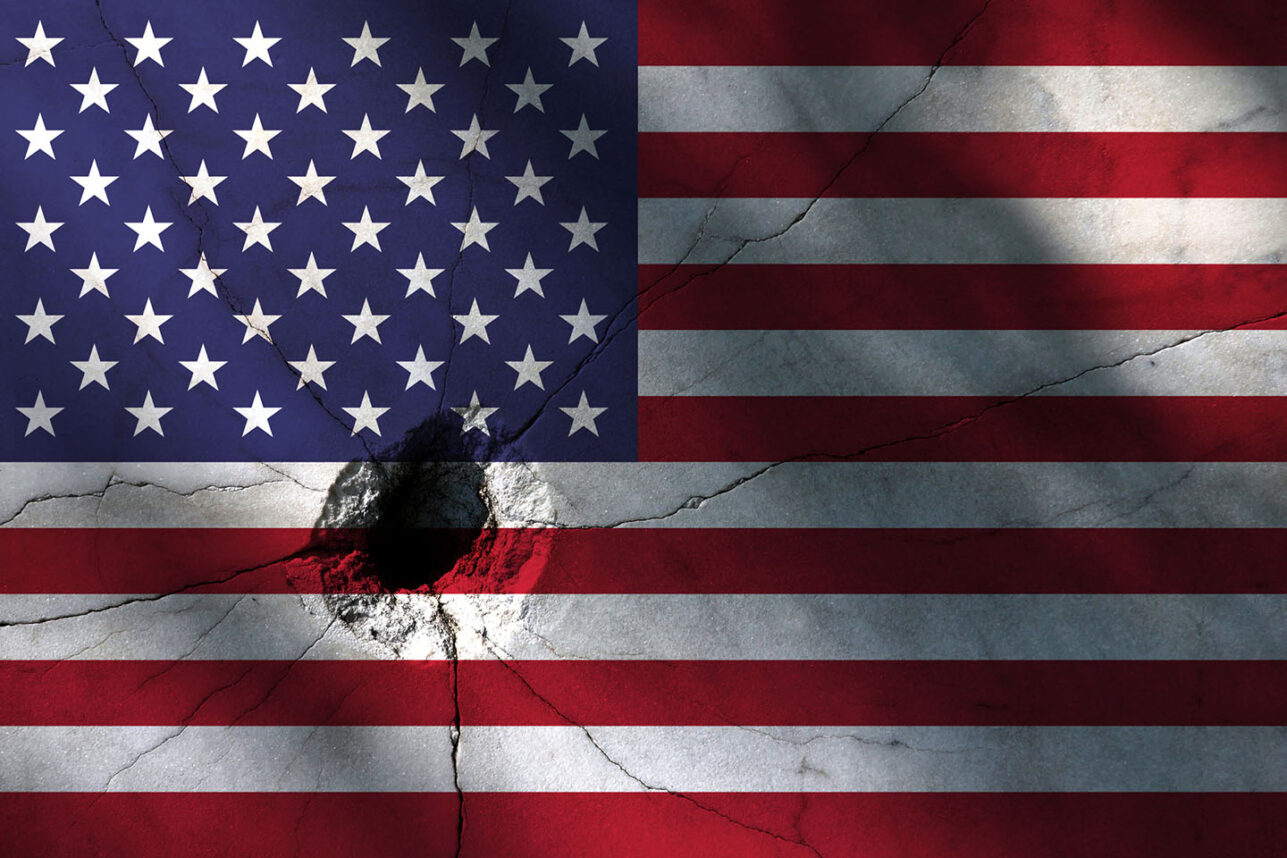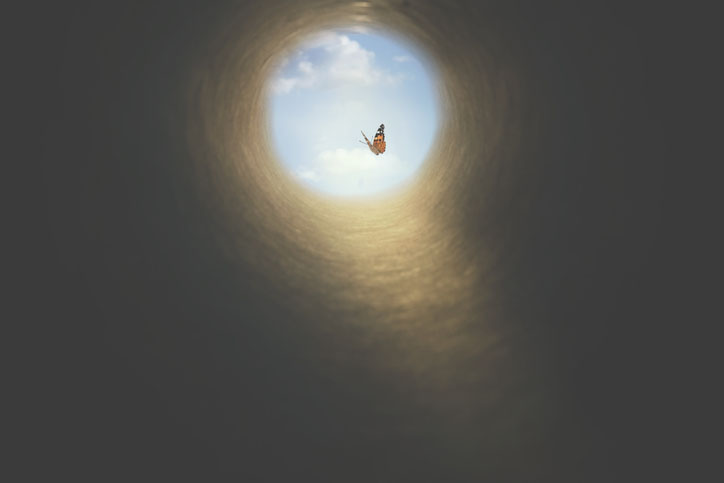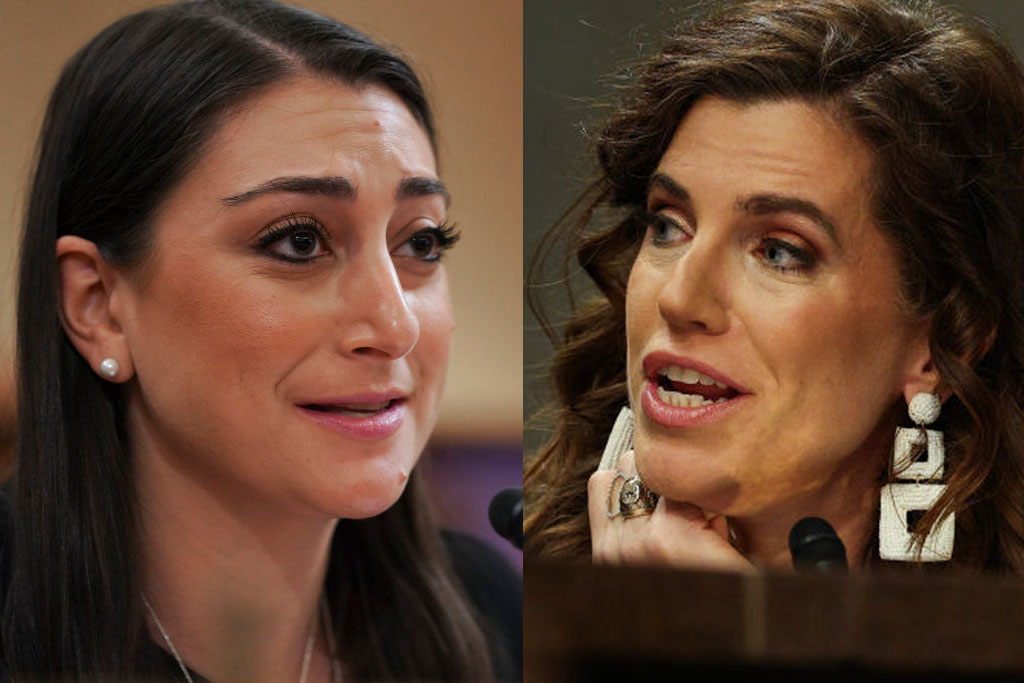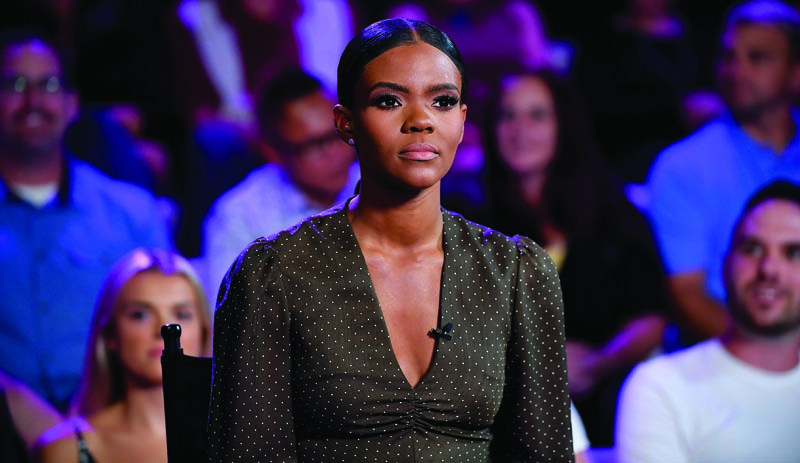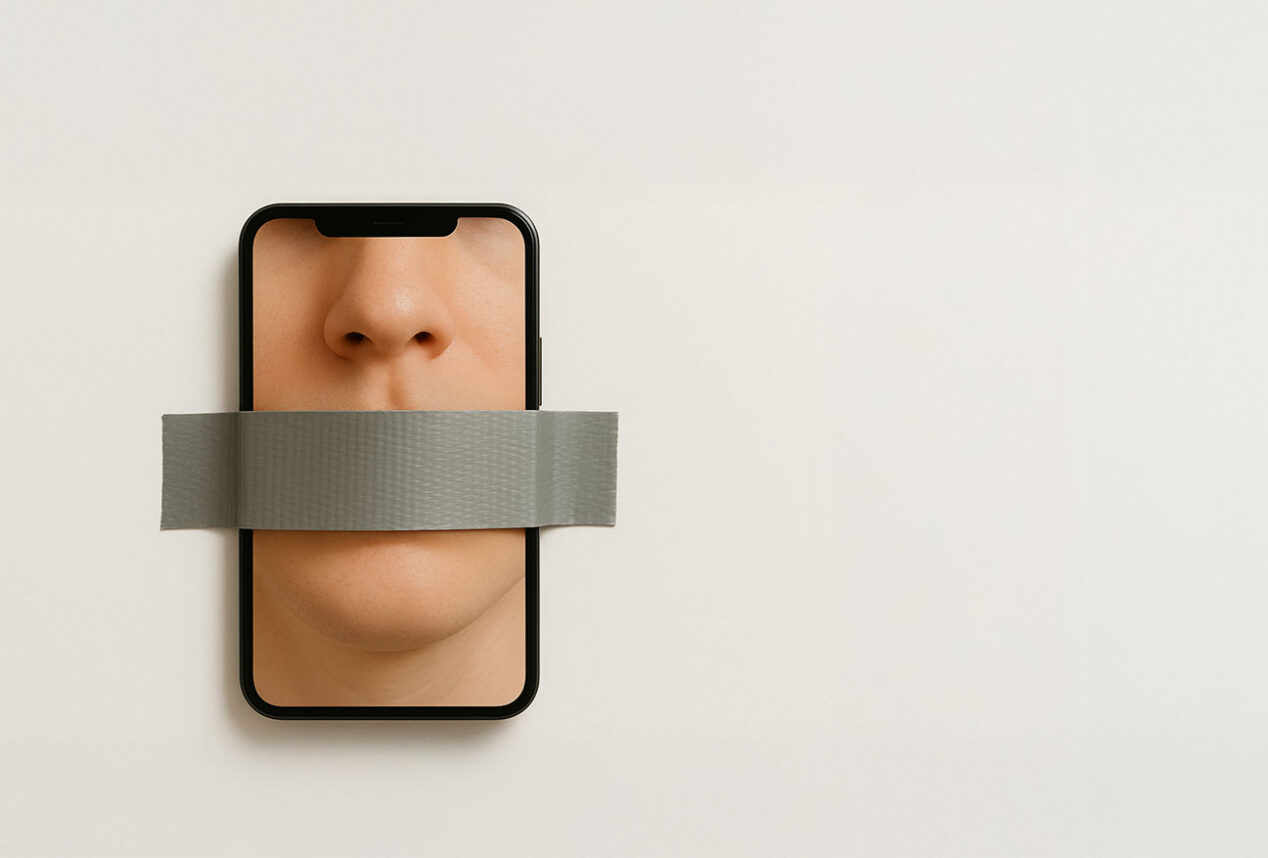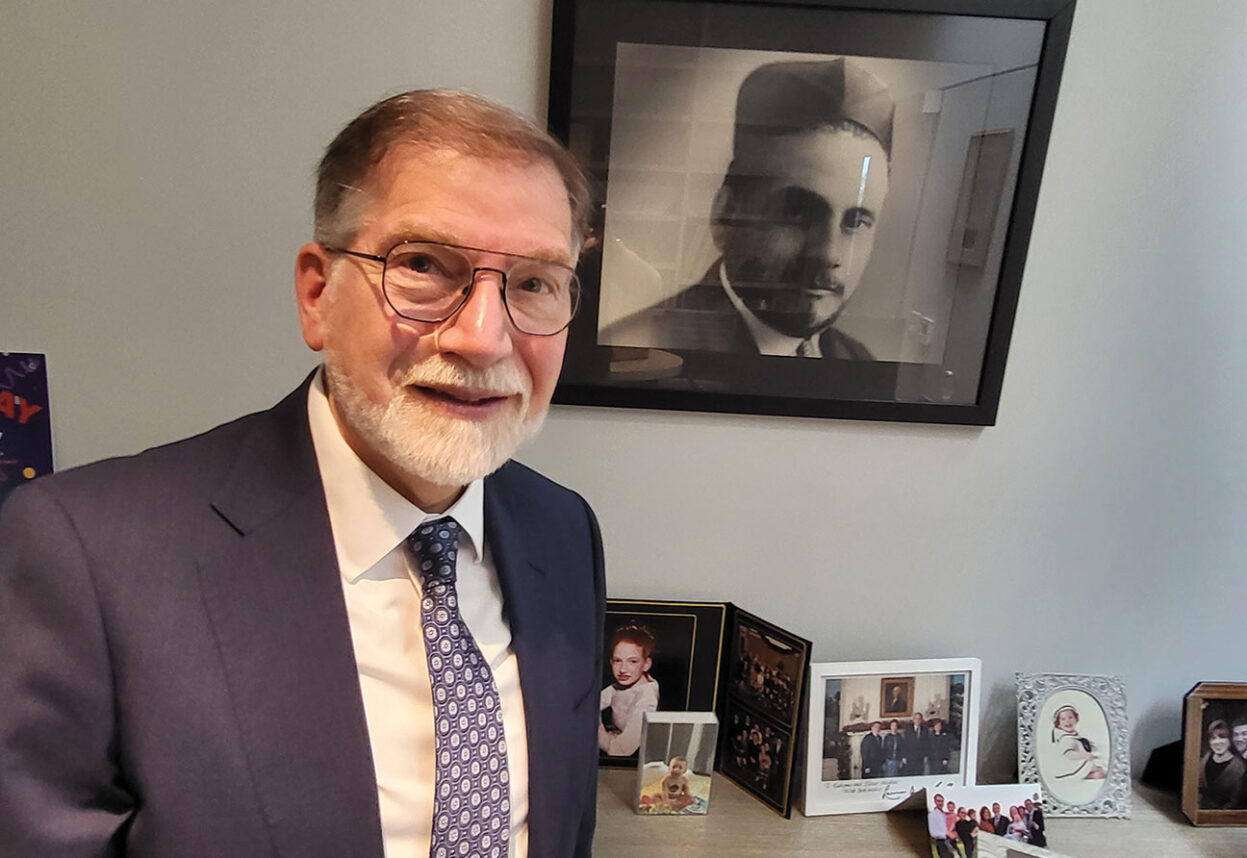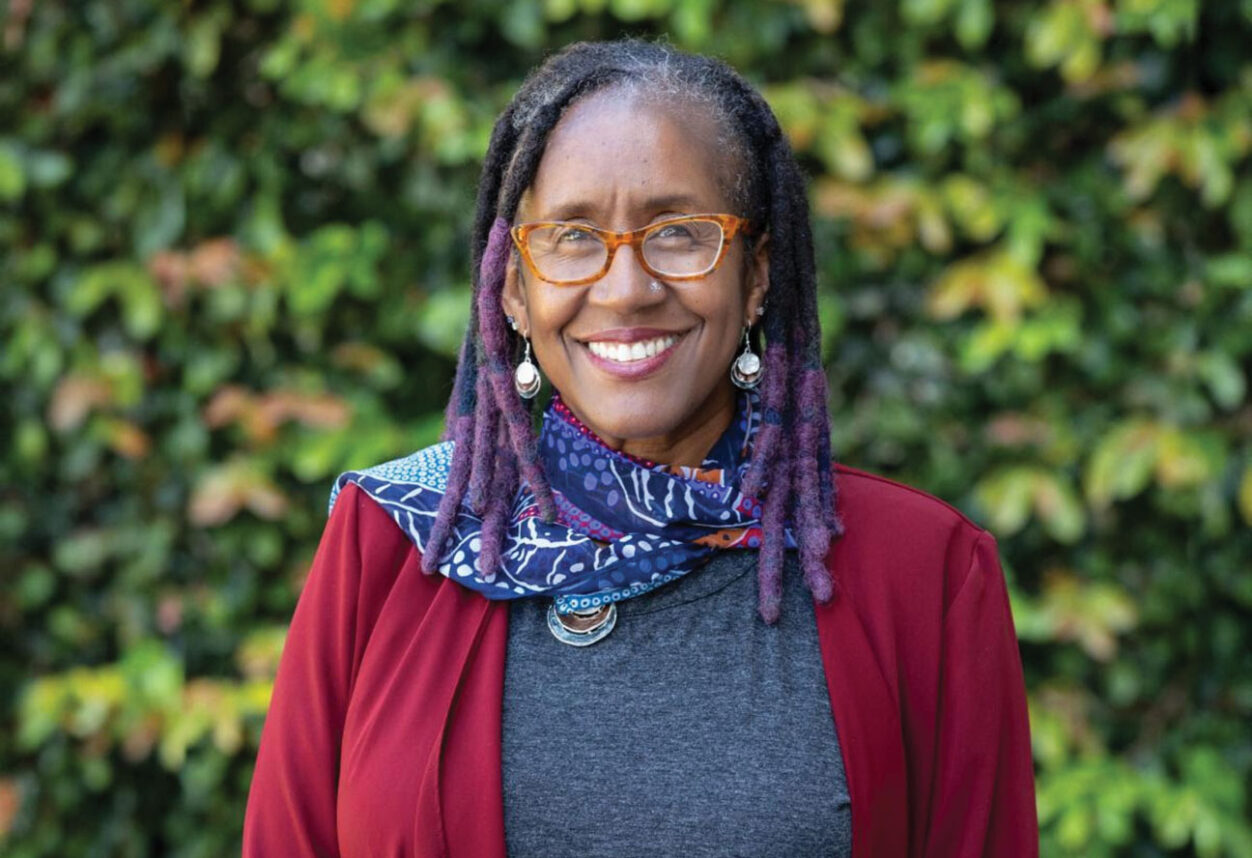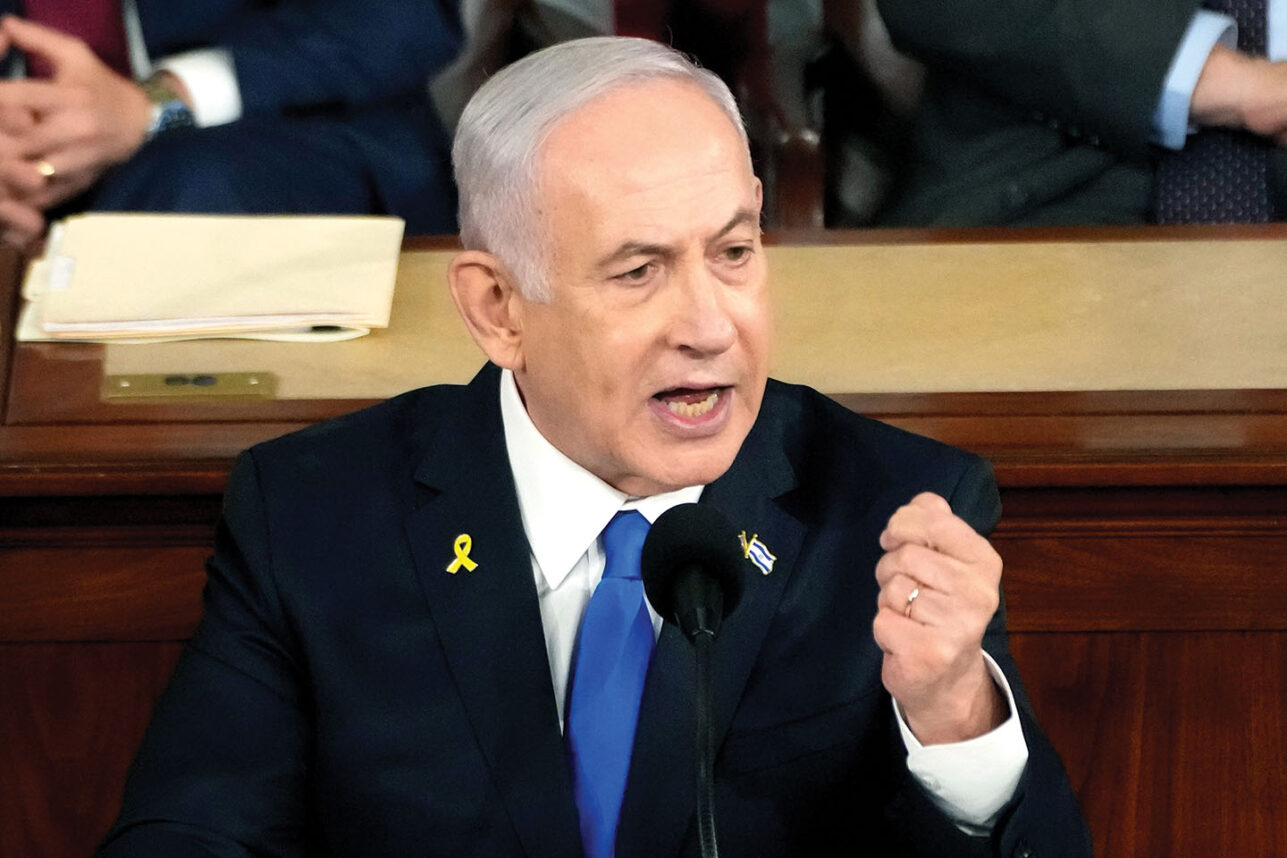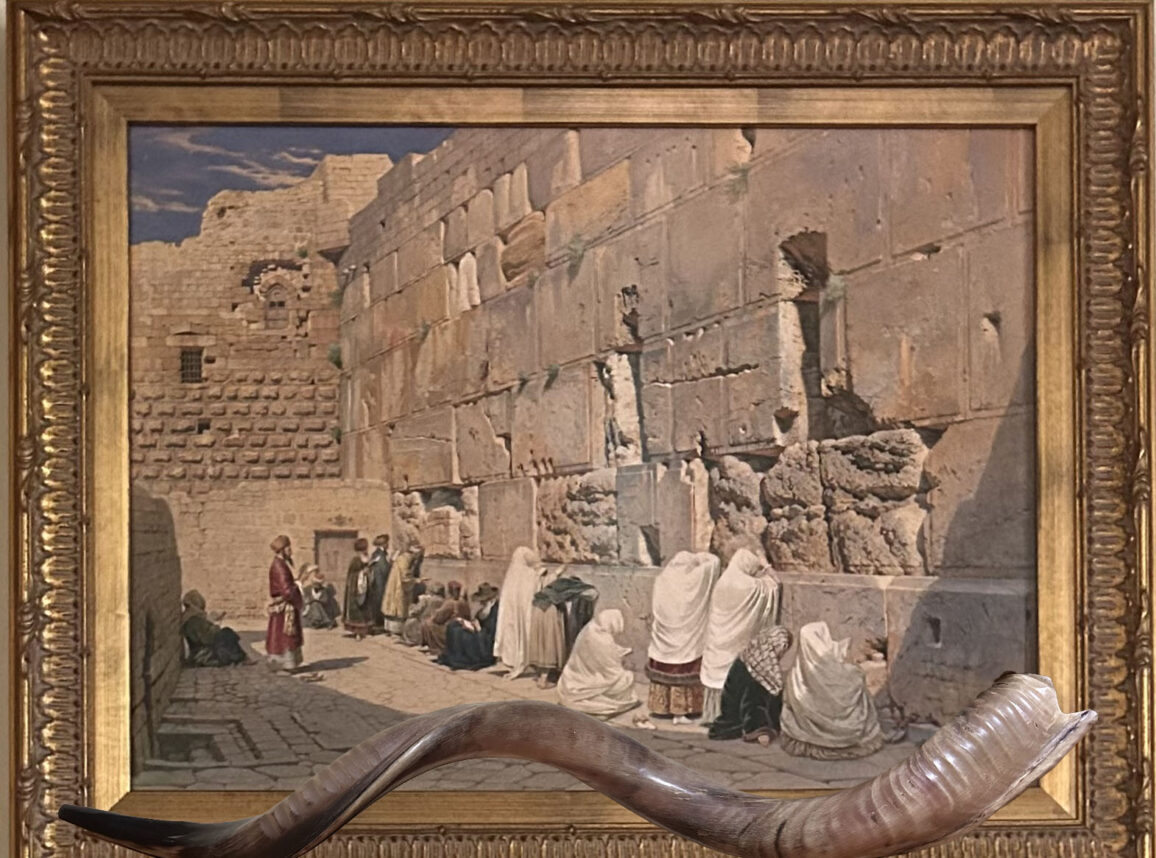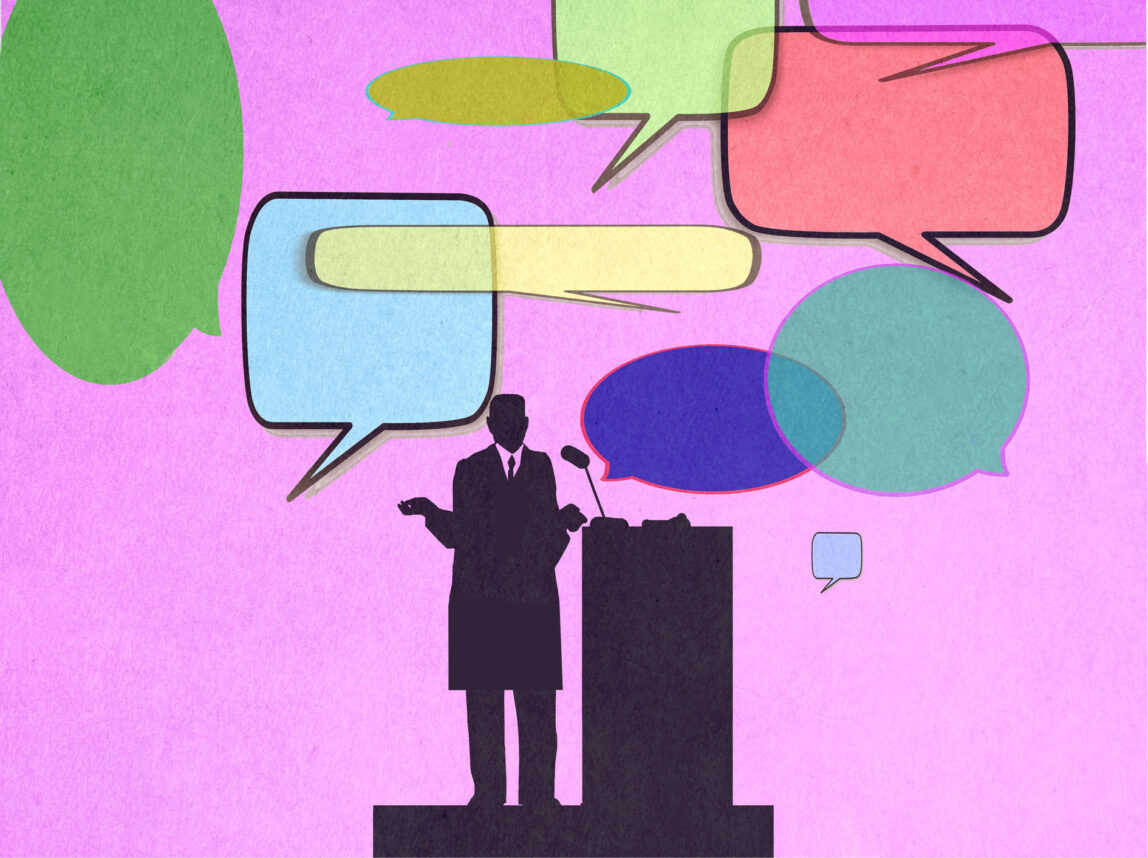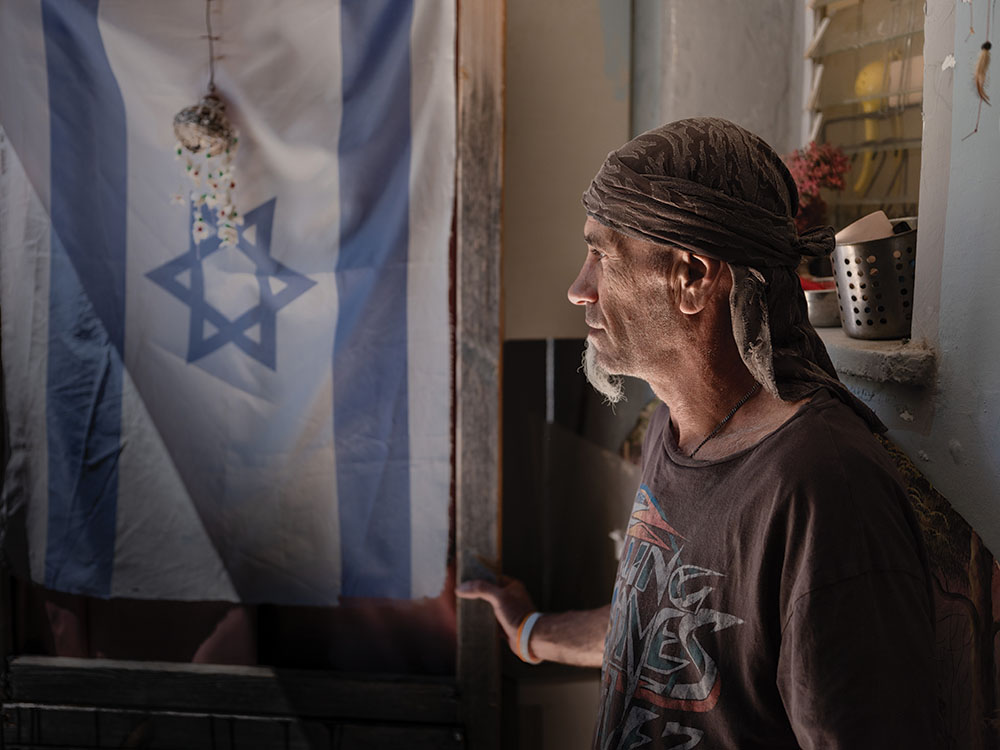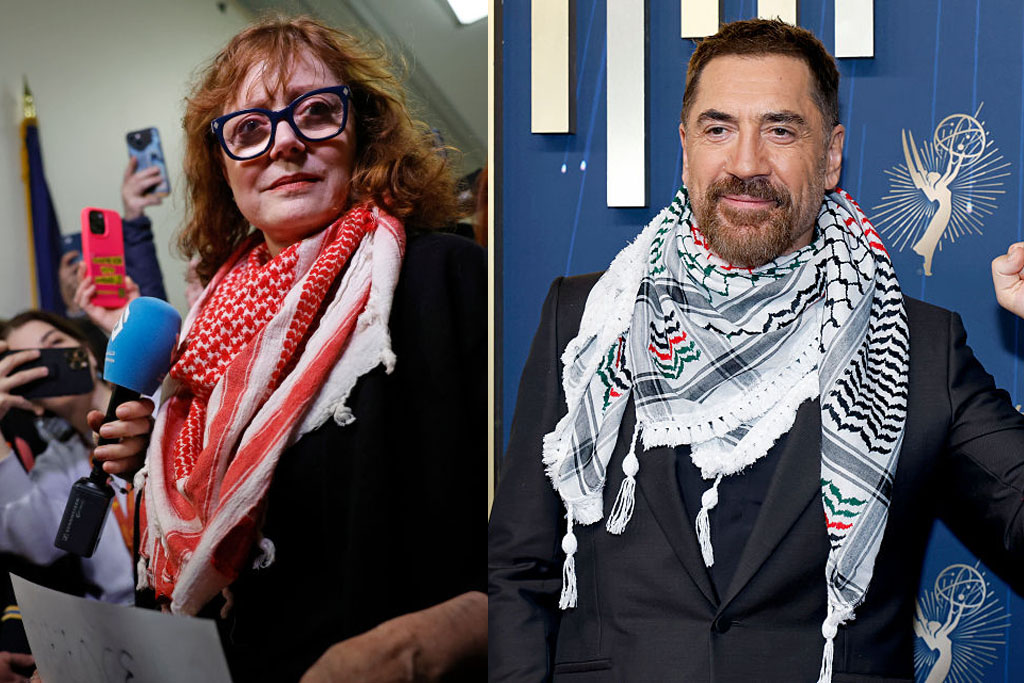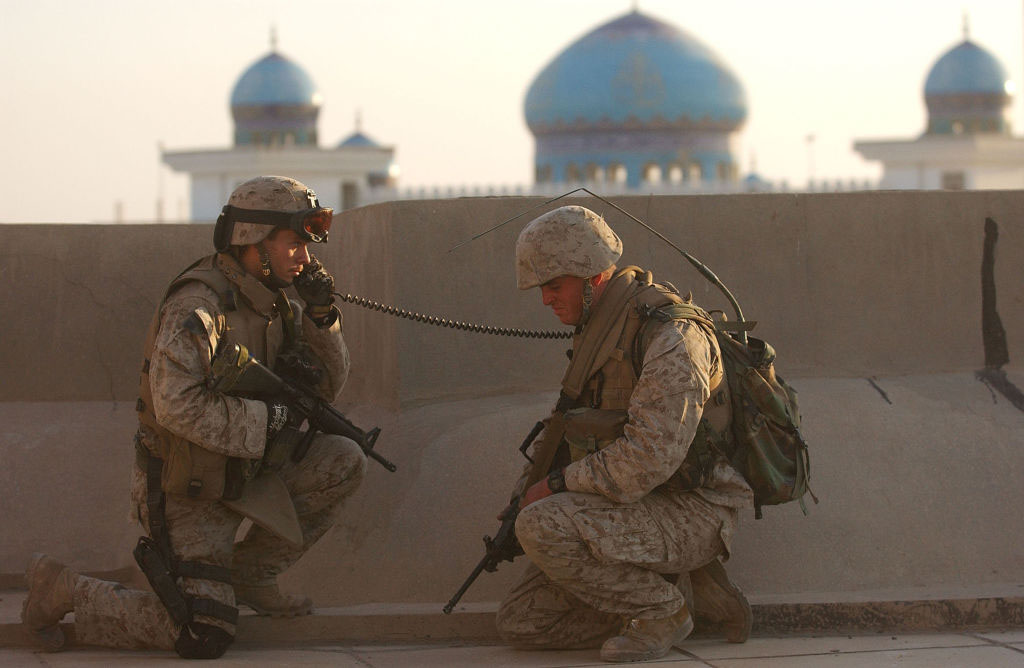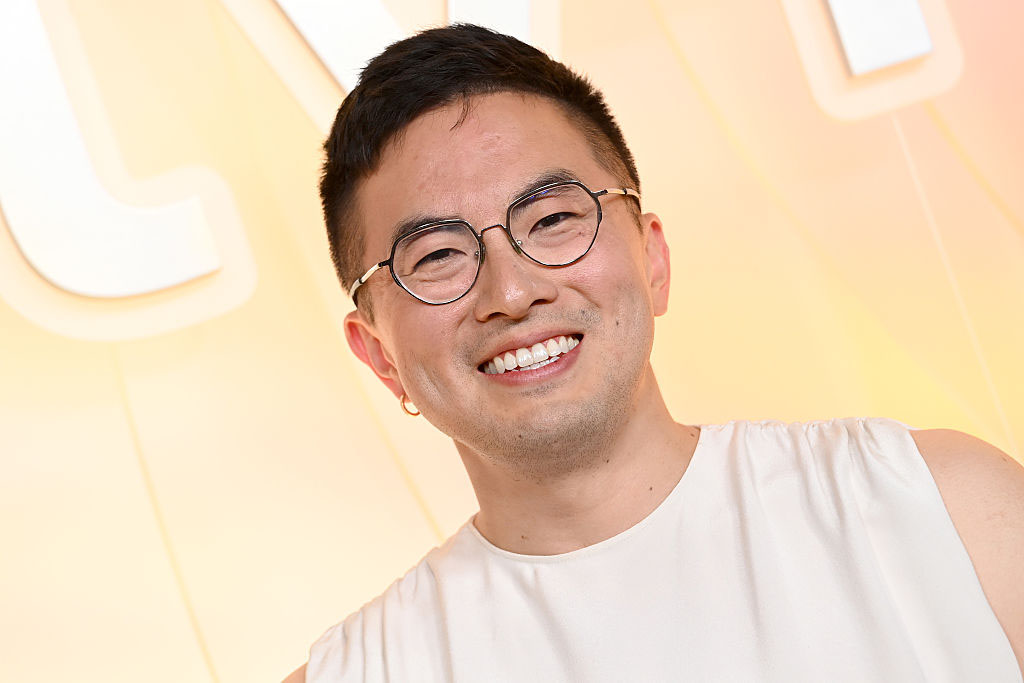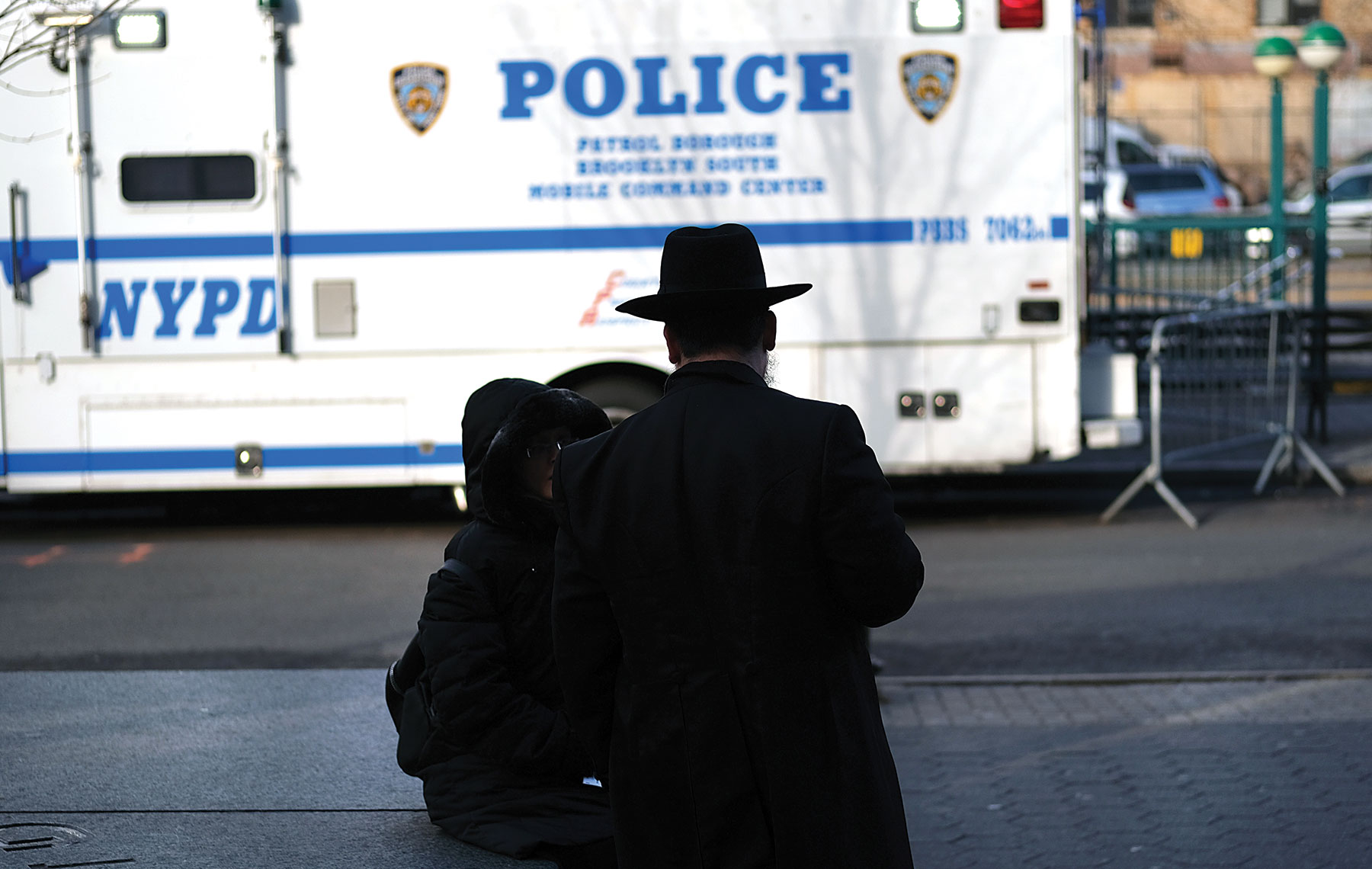
Where once there was confidence and ease in being a New York City Jew — whether you were a Seinfeldian Upper West Sider or more a Brooklyn Chasid tucked into the comfort of a tightly knit community — now, there is fear.
After weeks of assaults, including 10 separate attacks over the eight days of Hanukkah, Jews of every denomination in the New York area are grieving, stunned by the violence and deeply shaken. People who are identifiably Jewish, especially those wearing the distinctive garb of Chasidim, feel especially vulnerable.
“The rate and severity of these attacks is not random. It feels like an explosive expression of anti-Semitism,” said Yocheved Sidof, mother of five and executive director of Lamplighter’s Yeshiva, which she founded, in Crown Heights. There are 147 students in grades K-12.
“It feels surreal that walking from my home to work, I traverse three corners that have had violence in just the past couple of weeks,” she said. “For my young children to even know where those corners are and feel targeted, that feels inexcusable.”
Sidof said she has been flooded with calls from anxious parents since the Monsey attack. Lamplighter Yeshiva is in a predominantly black corner of Crown Heights, she said, and she is keenly aware of the narrative accepted by some local African Americans and Caribbean Americans that Jews are “the white oppressors associated with skyrocketing housing costs.”
School staff and parents have heard, “Get the f— out of here, Jews” from locals, but Sidof said, “Thank God there hasn’t been any violence.” The school has full-time security guards but is investigating ways to beef up safety precautions, Sidof said. She also is planning an event with black members of the local community at the playground next to Lamplighters.
About 1.5 million Jews live in New York City and there are some 2,000 Jewish institutions, including synagogues, schools and camps. Anti-Semitic incidents have seen a sharp increase in 2019 over 2018, up 63%, according to New York City statistics. The Anti-Defamation League (ADL) charts a smaller uptick from January through November 2019 over the same period in 2018. In figures provided to the Jewish Journal, the ADL measured it rising from 218 to 256 incidents of harassment, vandalism and assault in New York City.
The upward trend and severity of many of the attacks is traumatizing many.
Rivky Feiner has lived in Monsey all her 46 years. A consultant to nonprofits and mother of five children ranging in age from 8 to 26 years old, she never expected anything like the machete attack to happen in her quiet suburb. “It’s very frightening. How did he even know about the rabbi’s house? He might have seen visibly Chasidic people walking in and thought it was the shul. I just don’t know.”
She added, “We crossed a line” into new territory “and we can’t go back, so how do we move forward? My kids are frightened. How do we feel safe?”
About 1.5 million Jews live in New York City and there are some 2,000 Jewish institutions, including synagogues, schools and camps. Anti-Semitic incidents have seen a sharp increase in 2019 over 2018, up 63%, according to New York City statistics.
It also is reawakening the worst imaginable past traumas. An elderly Holocaust survivor in the area was at a meeting the day after the Monsey attack with Steve Gold, who is co-president of the Jewish Federation and Foundation of Rockland County, in which Monsey is located. “He said he was going home to pack his bag and have his passport out so that when they come for Jews here, he could escape,” Gold related.
“This wave of violence [against Jews] seems to be the worst, most sustained and lethal in the history of this country,” said David Myers, the Sady & Ludwig Kahn Chair in Jewish History at UCLA. “It is hard not to ask oneself, ‘Does the U.S. now join so many other places in the world as being unsafe for Jews?’ ”
A few days after the home invasion in suburban Monsey, the thoughts of many in the area are turning to larger approaches beyond increasing police patrols to try to interrupt this terrible pattern of daily attacks on Jews in the New York area. Some are calling for changes in laws; others for building bridges between the black and Jewish communities, where the relationship has grown increasingly tense. Others are demanding major initiatives by elected officials, some of which already had been announced at the many press conferences held in Rockland County and New York City in the first two days after the Monsey attack.
One major new effort announced on Dec. 30 by UJA-Federation — which does not cover Rockland County — and Jewish Community Relations Council (JCRC) of New York is a $4 million Community Security Initiative headed by expert security analyst Mitchell Silber. The money will fund Silber’s position and those of six security professionals who will be assigned to areas spread across the New York City region to assist Jewish institutions in strengthening their security. That $4 million nearly equals the JCRC’s entire 2017 budget, according to the most recent tax filing available.
Response from elected officials and leaders of various communities came swiftly after the Monsey attack whipped around the internet.

Photo by Spencer Platt/Getty Images
Black Leaders’ Responses
Rev. Al Sharpton — who has been widely disliked and distrusted in the Jewish community since he escalated tensions and disparaged Jews during the 1994 Crown Heights race riots — held a press conference on Dec. 30 surrounded by an array of black church leaders, the leader of the regional NAACP and elected officials, along with Rabbi Marc Schneier of the Foundation for Ethnic Understanding.
Sharpton alluded to the past troubles when he said at the press conference, “You cannot be anti-hate and pro-civil rights only one way. We rise particularly since the incidents involve blacks that have been arrested and charged, and say we condemn any attacks, any hate crimes, any efforts by anyone to impede the continuing move toward trying to heal whatever we have had to heal in the black and Jewish community.
“We are not unaware there have been tensions, but we have also been those who have strived to work those tensions out down through the years, and this will not set us back. We will stand with any move in our community to investigate hate crimes no matter who the hated and who the hater. We want to be crystal clear that we encourage members of our community to stand for what is right and righteous.”
Rev. Cornell Brooks was president and CEO of the NAACP through early 2017 and now is a professor at Harvard’s Kennedy School. In November, he called on America’s four living former presidents to issue a “national state of emergency on hate” and convene a national summit on hate and democracy.
In an interview, Brooks quickly cited Poway, Calif., where on April 27, a 19-year-old suspected of firing an automatic rifle killed one woman and injured three others at a Chabad synagogue, and the Tree of Life synagogue in Pittsburgh, where 11 Jews were killed during Shabbat services in October 2018. He also talked about “the recent uptick in and around New York” and asked, “How many Jews have to be attacked for us to realize we have a problem morally?”
Brooks said the approach to hate crimes must change nationally and on every government level. “We see a standardized response — talk retrospectively, prosecution at the back end without policy on the front end. It’s one thing for the NYPD (New York Police Department) to quickly respond. It’s another to prevent the perpetrator in the first place and to have a White House that speaks to these issues.”
Elected Officials’ Responses
New York state Attorney General Letitia James was among the first elected officials to weigh in on the horror in Monsey. “I am deeply disturbed by the situation unfolding in Monsey, New York, tonight,” she tweeted the night of the attack. “There is [zero] tolerance for any acts of hate of any kind and we will continue to monitor this horrific situation. I stand with the Jewish community tonight and every night,” posted James, who is black.
New York Gov. Andrew Cuomo called the Monsey attack “an act of domestic terror.”
Four Jewish New York state and city lawmakers representing heavily Orthodox areas issued a letter on Dec. 29 calling on Cuomo to institute a state of emergency and employ state police and the New York National Guard to “visibly patrol and protect” Orthodox Jewish communities. They also asked Cuomo to appoint a special prosecutor to investigate and prosecute perpetrators of anti-Semitic violence, and that the special prosecutor “immediately assume control of cases already under the jurisdiction of local district attorneys.”
“It is no longer safe to be identifiably Orthodox in the State of New York. We cannot shop, walk down a street, send our children to school or even worship in peace,” wrote New York State Sen. Simcha Felder, State Assemblyman Simcha Eichenstein and New York City Council members Chaim Deutsch and Kalman Yeger.
Just after the Monsey attack, Deutsch tweeted, “Can Jews walk down the street without being attacked? Can Jews shop for groceries without being attacked? Can Jews pray without being attacked? Can Jews ride the subway without being attacked? No — we can’t. We are sick of words. We need concrete action!!!”
On Dec. 29, New York City Mayor Bill de Blasio announced what he is billing as a “major new effort” to address hate crime in New York City: dramatically increased police patrols in ultra-Orthodox areas and multi-ethnic interfaith Neighborhood Safety Coalitions in Williamsburg, Crown Heights and Borough Park to bring together community leaders. He also announced a major educational initiative in public middle and high schools in those neighborhoods. It appears, from the city’s description, that it will entail discussion with public school students of hate crimes and how to prevent them, and bringing in members of the Jewish community to talk with them.
The red-bereted, red-jacketed Guardian Angels also deployed its unarmed patrols throughout those same three Chasidic Brooklyn neighborhoods on Dec. 30, promising to keep up its crime-deterring presence.
Jewish Leaders’ Responses
Just about every Jewish group issued a statement or offered interviews after the Monsey attack, which seemed to mark a tipping point in public outcry about the violence against Jews. Threaded throughout all of them was a sense of anxiety — and demands that elected officials strengthen hate crime laws.
Sheila Katz, CEO of the 90,000-member National Council of Jewish Women, grew up in Rockland County not far from Monsey, in a Reform-affiliated home in nearby Suffern. “Jews being attacked in their homes, walking to synagogue, in their supermarkets. Hanukkah is a time of celebrating freedom from persecution and instead, we’re living in fear and mourning,” she told the Journal.
“This wave of violence [against Jews] seems to be the worst, most sustained and lethal in the history of this country,” said David Myers, the Sady & Ludwig Kahn Chair in Jewish History at UCLA. “It is hard not to ask oneself, ‘Does the U.S. now join so many other places in the world as being unsafe for Jews?’ “
She urged New York and federal legislators to expand hate crime laws. “We’d like to see the New York state hate crimes law — and the federal government, as the United States Commission on Civil Rights recommended in its November 2019 report — place a greater emphasis on collecting hate crime data. In addition, we’re advocating for the passage of the Jabara-Heyer NO HATE Act” in Congress, she said.
“By better tracking and reporting incidents of hate crimes nationwide — which these measures will work toward — we’ll be better positioned to prevent and address these horrific attacks against the Jewish community and all marginalized communities.”
While Katz lit her Hanukkah menorah in a more convenient place in her Washington, D.C., home most nights of the holiday, she said that after the Monsey attack, that changed. “I’m putting my menorah near the window to make sure we’re all being a light in the darkness and showing up as Jews, saying, ‘We’re here and going to continue to be proud of our identities and combat anti-Semitism.’ ”
Agudath Israel of America, which represents the interests of the ultra-Orthodox community, wrote in a statement: “We beseech those in government to do everything humanly possible to halt this cancer. Continue increased patrols; apprehend and prosecute criminals. Get them — and keep them — in jail, to the fullest extent allowed by law. Enhance security funding to our vulnerable structures; work with us to provide training, so those within can protect themselves when necessary.”
It concluded: “We pray to the Almighty for a recovery to those injured in last night’s attack. We also pray that He grants those in leadership the fortitude to boldly do what is right, and heal, or remove, this malignant hatred in our country.”
Allen Fagin, executive vice president of the Orthodox Union, told the Journal, “The most important thing is for us to stop the hand-wringing and rhetoric and focus on concrete action in the short and long run. To make communal institutions safer and to engage in really serious community and school education efforts so this disease of hatred of all types is brought to a halt. That is a long and drawn-out battle.
“Perpetrators of hate crimes need to be treated by the criminal justice system in a fundamentally different way. We need to have laws that characterize violent hate crime as domestic terrorism and deploy law enforcement and judicial and prosecutorial resources that are necessary with real significant penalty,” he said. “It is terrorism.”
“A virus depends on the environment, and the environment today is user-friendly to the virus, to anti-Semitism.”
— Abraham Foxman, director of the Center of the Study of Anti-Semitism, New York’s Museum of Jewish Heritage
All the arms of the Conservative movement together wrote: “We thank law enforcement for their hard work and call on them to redouble their efforts to provide protection. We urge political and civic leaders to speak louder still and to work together even more closely to stem this tide of hatred and to address any repetitive pattern emerging from these attacks and those of the past year in the New York area. We must not allow acts of anti-Semitism to become the new normal.”
Union for Reform Judaism President Rabbi Rick Jacobs tweeted soon after the Monsey attack, “We are outraged by the bloody machete attack in Monsey. We pray for the injured and call out for more protection. This week’s litany of anti-Semitic attacks on Jews in NY must be stopped. An attack on any of us is an attack on all of us!”
Others weighed in, as well.
“Antisemitism is not a threat to the Jewish community alone. It’s a danger to our democratic institutions and free society,” said Ira Forman in a statement. Forman is the senior adviser for Combatting Antisemitism at Human Rights First, a nonpartisan human rights advocacy organization. He previously served as the State Department’s Special Envoy to Monitor and Combat Anti-Semitism under President Bill Clinton.
“Confronting this rising epidemic is a task that requires bipartisan, long-term approaches at the federal, state and local levels. Confronting this scourge demands principled leadership from elected officials, thoughtful educational initiatives, evaluation of our justice system, and a commitment of resources to push back against hate.”
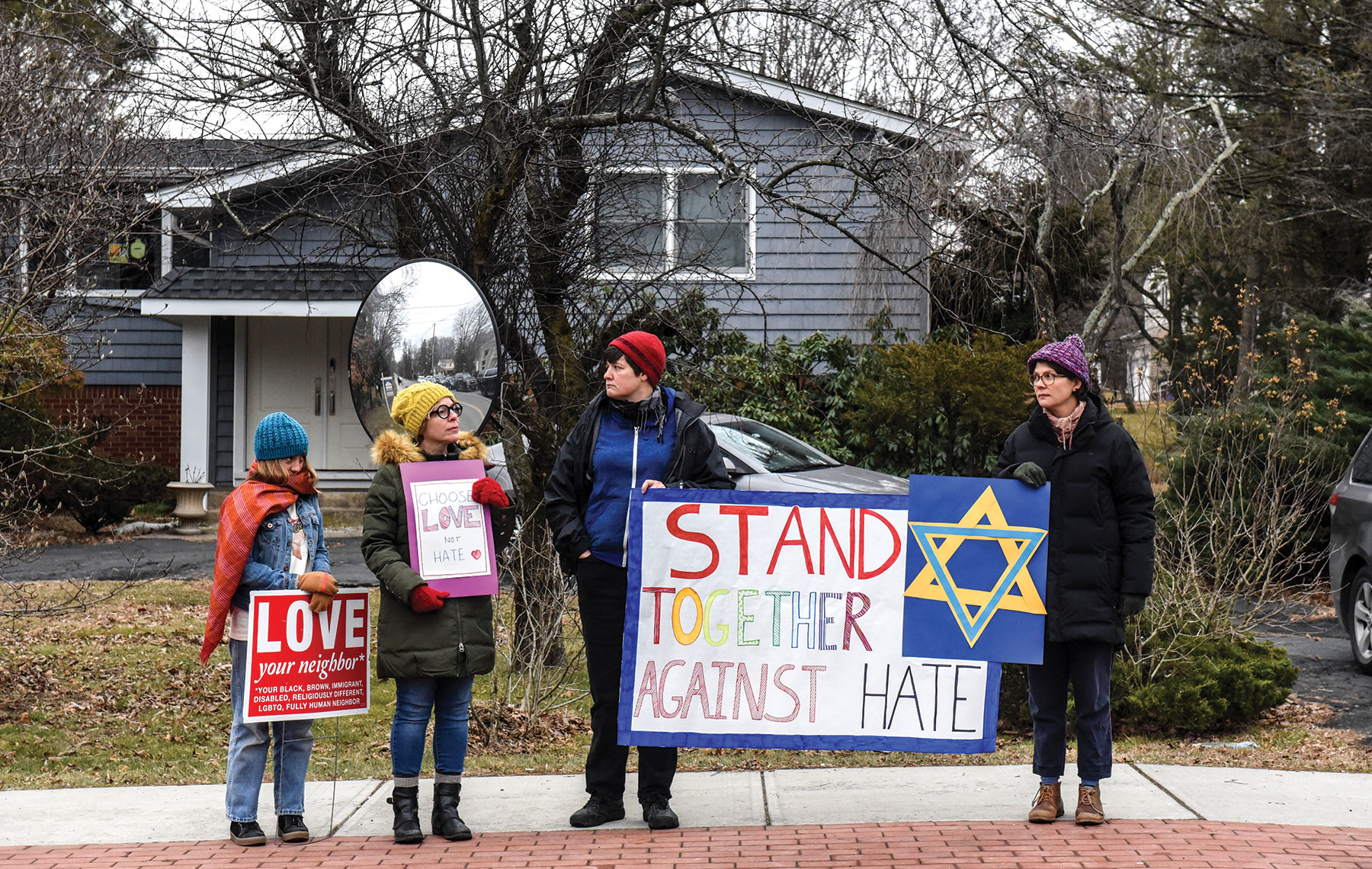
Ongoing Black-Jewish Tension
Nearly all of the attacks have taken place in communities where there has been ongoing tension between the black and Jewish — specifically Charedi — communities.
Monsey is near New Square and Kiryas Joel, villages devoted to the communities of Skver and Satmar Chasidim, respectively. No one else lives there. The East Ramapo School District, which covers those communities, controls the local public schools and the public funding that goes to the Chasidic communities for things such as special education and textbooks. Chasidim began voting other Chasidim onto the school board, quickly taking it over. They drained the budget, leaving little funding available for the public schools and leading to state government investigations and lawsuits — and a great deal of animus among the area residents, most of them black or Latino, whose children attend those schools.
In the view of Gold of the Rockland Jewish Federation, “There is absolutely a link between here and Ramapo,” he said. “The hate is out there in the open every day. In some Facebook groups, all they want to do is bash the ultra-Orthodox community. There was a comment today. Someone said, ‘The perpetrator didn’t stab enough of those Jews.’ ”
Missing Accountability
Anti-Semitism is “a virus without an antidote or vaccine and it’s always been present,” said Abraham Foxman, director of the Center of the Study of Anti-Semitism at New York’s Muse um of Jewish Heritage. Foxman led the ADL for 28 years, until 2015. “A virus depends on the environment, and the environment today is user-friendly to the virus, to anti-Semitism. The environment kept it latent. We, in the last 50 years in this country, developed a firewall, a social consensus of what is proper and improper and there were consequences for wrong behavior. Truth was a weapon. People were held accountable for their behavior.”
But that has changed. Foxman cited the recent example of a member of Jersey City’s Board of Education who, after the murderous attack on a kosher market in December, posted: “Where was all this faith and hope when black homeowners were threatened, intimidated, and harassed by I WANT TO BUY YOUR HOUSE brutes of the Jewish community?”
Many have called for the Board of Education to fire her, but Joan Terrell-Paige remains a trustee of the body. Foxman said, “She’s still on the job. So, where’s the accountability?”
Gold told the Journal that social media companies need to be held accountable, as well, because they provide environments where hate, at times, grows unchecked.
Just about every Jewish group issued a statement or offered interviews after the Monsey attack, which seemed to mark a tipping point in public outcry about the violence against Jews.
“There needs to be some responsibility by Facebook administrators,” Gold said, for what goes on in Facebook groups, like some focused on Rockland County and the Lakewood, N.J., area, where tensions between the ultra-Orthodox community there and other local residents is running high.
“They need to monitor these groups 24 hours a day. They say, ‘What do you want from us? We can’t monitor it.’ That’s B.S.,” Gold said. “The laws pertaining to regular media should pertain to social media.” Because of stereotypes, rumors and lies spread on social media, “no one knows what’s true anymore. Something needs to be done. There have to be some type of repercussions.”

Bail Reform Worries
New York state passed a new bail reform law that took effect Jan. 1. According to the Brennan Center for Justice, “It will eliminate pretrial detention and cash bail as an option in an estimated 90 percent of arrests.” There are exceptions to the new law in cases of domestic abuse, sex offenses, witness tampering and conspiracy to commit murder. But there appears to be none in connection with hate crimes.
Tiffany Harris, 30, was arrested and charged with attempted assault as a hate crime in the face slapping of three young Jewish women — in separate attacks — while yelling, “F— you, Jews!” on Dec. 27 in Crown Heights. She told police that she did it because they are Jewish, officials said. She was released without bail shortly after. A day later, she was arrested again, suspected of punching another person in the face. She again was released without bail because the charges were misdemeanors. Harris reportedly has been arrested 13 times in total, mostly for assault.
Fagin said New York state’s legislature needs to amend the law so those assaulting Jews in a hate crime don’t get away so easily. “The legislature knows how to draw distinctions. When it wanted to take sex offenders out from under the new law, they did it,” he noted. “We need to make the same distinction with hate crime.
“We simply cannot live as a society when those who commit hate crimes against any group are released and do it again the following day. We are turning our streets into a jungle,” he said.
Potential Retaliation
The Jewish security patrols known as the Shomrim in most Chasidic communities have vowed to beef up their presence in light of the recent violence.
There are others urging Orthodox Jews to arm themselves. A recent article from The Jewish Press is titled, “Experts Suggest 6 Firearms That Will Fit in Your Tallit Bag,” for purposes of concealed carry in synagogue.
“I completely broke down. I cried.” — Moshe Wigder, Jewish actor
There are videos like one titled, “Wild West, Monsey Style,” which shows four young Chasidic men toting what appear to be assault rifles as they saunter through a parking lot.
That attitude has one Monsey local very worried.
Moshe Wigder is an actor in one of the hottest off-Broadway shows in New York — the Yiddish “Fiddler on the Roof.” Raised Chasidic, mostly Satmar, he left Orthodoxy a while back but has lived in Monsey for about four years. Wigder was onstage in Manhattan when Grafton Thomas allegedly was swinging his machete, trying to murder Jews in his hometown.
Wigder already was deeply affected by the long string of attacks on Jews in New York and Jersey City. There is a scene in “Fiddler,” after the Jews have been expelled from Anatevka, in which his character, Mordkhe, enraged, talks to Tevye and says, “We can’t allow this! An eye for an eye, a tooth for a tooth!” Tevye puts his hands on Mordkhe’s shoulders and says, “Then the whole world will be without eyes or teeth.”
When he went offstage, checked Facebook and saw what had just happened in Monsey, Wigder said, “I completely broke down. I cried.”
The fear he knew as a Chasidic child with long side curls and a large yarmulke came flooding back. “I know that immediate fear. Whenever the goyim got drunk on Halloween or New Year’s Eve, we were afraid to walk in the streets, in Lakewood and in Brooklyn. They would throw things at us,” he recalled.
His anger, like Mordkhe’s, also has been awakened. Chasidim “happen to be the easiest targets because they’re a visual representation” of Jews, he said. “There has been a lot of tension with the black communities (in places he has lived) and that’s not helping anyone.” If the violence against Jews continues and it sparks any retaliation, “We’re going to have two minorities, then, without eyes or teeth.”
Debra Nussbaum Cohen is a journalist in New York City.

